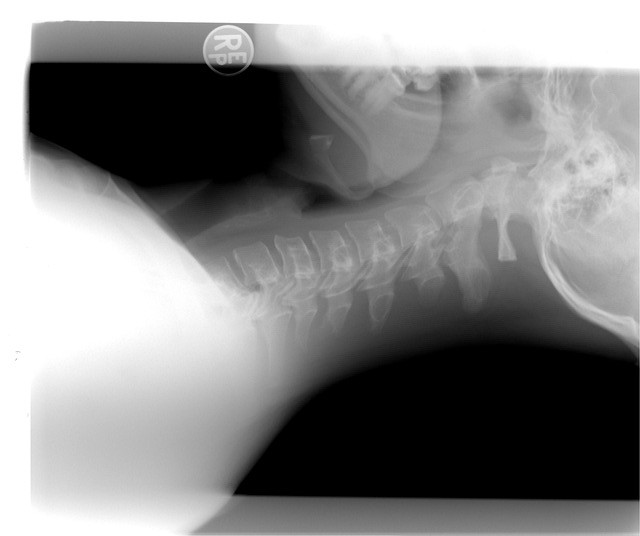A recent randomized controlled clinical trial conducted by J.M. Wiberg, J. Nordsteen, and N. Nilsson (1999) has shed light on the short-term effects of spinal manipulation as a treatment for infantile colic. The study, set in a private chiropractic practice and the National Health Service’s health visitor nurses in Copenhagen, Denmark, aimed to determine whether spinal manipulation could provide relief for infants diagnosed with colic.
The research involved infants identified by health visitor nurses who met the diagnostic criteria for infantile colic. The participants were divided into two groups: one received spinal manipulation for a duration of two weeks, while the other was treated with the drug dimethicone for the same period.
The primary outcome measure focused on changes in the daily hours of crying, meticulously recorded in a colic diary.
During the crucial trial period between days 4 to 7, the group treated with dimethicone experienced a reduction of one hour in crying, compared to a more substantial reduction of 2.4 hours in the spinal manipulation group (P = .04). This trend continued from days 8 through 11, with the dimethicone group seeing a one-hour reduction in crying, while the manipulation group exhibited a remarkable reduction of 2.7 hours (P = .004). Notably, the manipulation group consistently outperformed the dimethicone group from day 5 onward.
In conclusion, the findings from this groundbreaking study provide compelling evidence that spinal manipulation is effective in relieving infantile colic. The results highlight the potential of chiropractic interventions as a viable and beneficial alternative to traditional pharmaceutical approaches in the short-term management of infantile colic. This discovery could have far-reaching implications for healthcare practitioners and parents seeking non-pharmacological solutions for this common and distressing condition. Further research is warranted to explore the long-term effects and broader applicability of spinal manipulation in pediatric care.
Reference: Wiberg, J. M., Nordsteen, J., & Nilsson, N. (1999). The short-term effect of spinal manipulation in the treatment of infantile colic: a randomized controlled clinical trial with a blinded observer. Journal of manipulative and physiological therapeutics, 22(8), 517-522.




